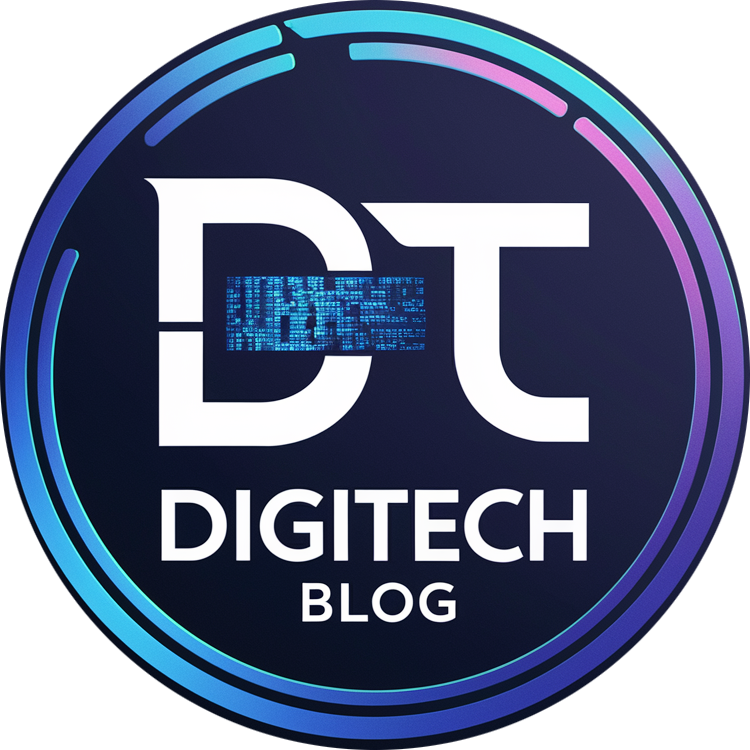Understanding the Fundamentals of Digital Marketing
Digital marketing encompasses a range of strategies and channels designed to promote brands, engage audiences, and drive conversions in the online space. A cohesive digital marketing strategy integrates various components like social media, email marketing, content marketing, search engine optimization (SEO), and pay-per-click (PPC) advertising, each contributing uniquely to brand growth.
Social media platforms such as Facebook, Instagram, Twitter, and LinkedIn provide opportunities to connect with audiences, build brand awareness, and foster community engagement. Through targeted content and interactions, brands can nurture relationships with existing customers and attract new ones.
Email marketing remains a powerful tool for direct communication. By segmenting email lists and personalizing content, businesses can deliver relevant messages that drive customer action and loyalty. Regular newsletters, promotional offers, and follow-ups can keep audiences engaged and informed about the brand’s offerings.
Content marketing focuses on creating and distributing valuable, relevant content to attract and retain a clearly defined audience. This content can take various forms, including blog posts, videos, infographics, and ebooks, all designed to provide value and establish the brand as an authority in its industry.
SEO is critical for enhancing visibility on search engines like Google. By optimizing website content, improving site structure, and earning backlinks, brands can increase their organic search rankings and attract more traffic. High-quality, relevant content is essential for effective SEO, ensuring that users find what they are looking for on your site.
PPC advertising offers a way to gain immediate visibility by paying for ad placements on search engines and social media platforms. By targeting specific keywords and demographics, brands can reach their ideal audience quickly and efficiently, driving traffic and conversions.
Data analytics play a pivotal role in measuring the effectiveness of digital marketing campaigns. By analyzing metrics such as website traffic, conversion rates, and engagement levels, brands can gain insights into what works and what doesn’t. This data-driven approach allows for informed decision-making and continuous optimization of marketing strategies.
By understanding and leveraging these core components, businesses can build a robust digital marketing foundation, ensuring that all efforts align with their brand objectives and drive sustainable growth.
Implementing Actionable Digital Marketing Strategies
To effectively enhance your digital marketing efforts, it is crucial to implement actionable strategies tailored to each specific channel. For search engine optimization (SEO), focus on creating high-quality, keyword-rich content that addresses the needs and queries of your target audience. Regularly updating your website with fresh, relevant content can significantly improve your search engine rankings. Utilize tools like Google Analytics and SEMrush to identify high-performing keywords and monitor your progress.
Social media marketing requires a different approach. Engage your audience by posting visually appealing and interactive content, such as videos, infographics, and polls. Consistency is key; develop a content calendar to ensure regular posting. Use platforms like Hootsuite or Buffer to schedule posts and analyze their performance. Additionally, leveraging user-generated content can foster a sense of community and trust among your followers.
Email marketing remains a powerful tool for direct communication with your audience. Craft compelling email campaigns by personalizing your messages and segmenting your audience based on their interests and behaviors. Tools like Mailchimp and Constant Contact can help automate your email marketing efforts, making it easier to track open rates, click-through rates, and conversions. A/B testing different email formats and subject lines can also provide valuable insights into what resonates most with your audience.
Staying informed about the latest digital marketing trends and tools is essential for continuous improvement. For instance, artificial intelligence (AI) and machine learning are revolutionizing the way marketers analyze data and predict consumer behavior. Tools like HubSpot and Marketo offer advanced features for automating and optimizing various marketing tasks, from lead generation to customer relationship management.
Learning from real-world examples can provide inspiration and practical insights. For instance, a recent case study highlighted how a small e-commerce brand utilized influencer marketing and SEO to double its revenue within six months. Similarly, a B2B company successfully implemented a targeted LinkedIn campaign, resulting in a 30% increase in qualified leads.
In the ever-evolving digital landscape, continuous learning and adaptation are imperative. Stay ahead of the curve by regularly attending webinars, participating in online courses, and following industry leaders and publications. This proactive approach will ensure that your digital marketing strategies remain effective and relevant, enabling you to grow your brand successfully.

